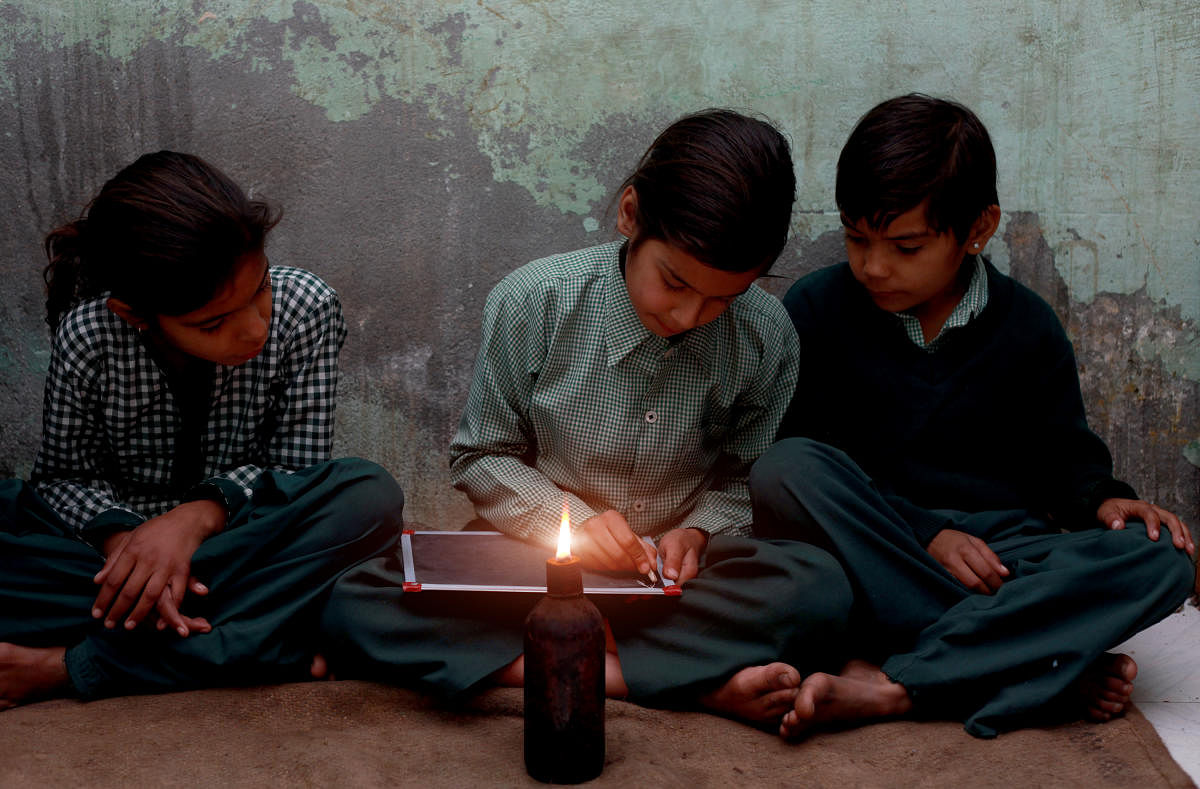
With schools going digital and classes being conducted online, it is being accepted as the new normal. However, not much thought is being put into meeting the learning needs of children who do not have smartphones, laptop, desktop and internet access for attending online classes. In fact, a survey conducted recently found that about 56% of students in the country have no access to smartphones for e-learning. So, how can they continue to learn in the Covid-19 or post-Covid era? As per the Right to Education Act (RTE) 2009, adequate measures should be taken to cater to the education needs of all students.
To ensure that the learning of all children continues, we could perhaps emulate some successful models. In Jharkhand, the headmaster of a school put up loudspeakers across the village to teach students with no smartphones and teachers teach them over the mike for two hours in a day.
Another way would be to teach via Radio, which is easily affordable for most people. Radio can be introduced for students who have no access to smartphones, desktops, TV and internet connection.
Also, students can take their lessons via phone calls. They can call up their teachers, who can give oral instructions over the phone. Newspapers can also contribute in enhancing literacy as students can use newspapers to improve their reading and writing skills, and also improve their general knowledge.
"Students could form groups of four and five and get together for co-operative learning and discussion. Presence of a teacher among them will be ideal. If that is not feasible, volunteers among educated youths may pitch in. However, adequate precautions such as wearing masks, using sanitisers and maintaining social distance ought to be taken," says academician Dr Hiren Gohain.
"Without positive intervention by the state, online classes will become a place for privileged classes in the developing world. To ensure a level playing field, the government should take upon itself to provide tablets, required applications and limited Wi-Fi connection at free of cost," says writer Harekrishna Deka.
Also, NGOs, social activists and the general public can take initiatives to support students and help them continue to learn during this time of uncertainty.